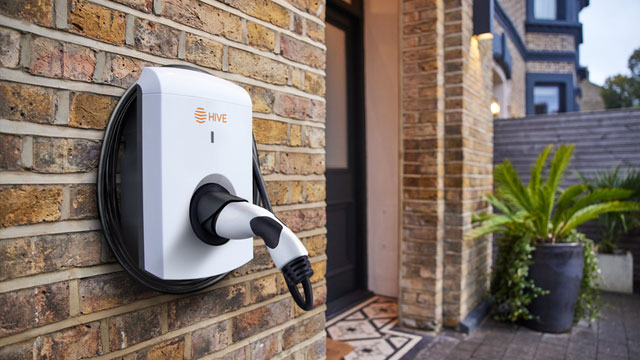How EV Chargers Contribute to a More Sustainable Lifestyle
Electric vehicle EV chargers are pivotal in fostering a more sustainable lifestyle, both for individual users and for society at large. Their role extends beyond merely refueling EVs they are integral to reducing greenhouse gas emissions, improving air quality, and supporting the transition to renewable energy sources. Here is how EV chargers contribute to a more sustainable way of living.
Reducing Greenhouse Gas Emissions
One of the primary benefits of EV chargers is their contribution to reducing greenhouse gas emissions. Traditional vehicles powered by internal combustion engines release significant amounts of carbon dioxide CO2 and other pollutants into the atmosphere. In contrast, EVs produce zero tailpipe emissions. By increasing the availability and accessibility of EV chargers, we encourage more people to switch to electric vehicles. As more EVs replace gasoline and diesel cars, the overall emissions from the transportation sector decrease, which is a crucial step in combating climate change.
Improving Air Quality
Air pollution from vehicle exhaust is a major concern in urban areas, leading to health problems such as respiratory issues and cardiovascular diseases. EVs, when charged with renewable energy, produce no tailpipe emissions, thereby significantly reducing pollutants like nitrogen oxides NOx and particulate matter. As EV adoption grows and charging infrastructure becomes more widespread, we can expect a noticeable improvement in air quality, particularly in densely populated cities where air pollution is most acute and go here https://www.beny.com/es/.

Supporting Renewable Energy Integration
The sustainability benefits of EV chargers are amplified when they are paired with renewable energy sources. Many EV owners choose to install home solar panels, allowing them to charge their vehicles with clean, renewable energy. Public charging stations can also be integrated with solar arrays or wind turbines, further enhancing their environmental benefits. As the grid becomes increasingly reliant on renewable energy, the sustainability of EV charging will continue to improve, creating a virtuous cycle where clean energy supports clean transportation.
Encouraging Energy Efficiency
EV chargers are part of a broader trend towards more energy-efficient technologies. Electric vehicles are inherently more efficient than internal combustion engines, converting a higher percentage of energy from their power sources into motion. Additionally, advancements in charging technology, such as fast chargers and smart grid integration, contribute to greater efficiency in energy use. By adopting these technologies, we can reduce overall energy consumption and support a more sustainable energy system.
Promoting Sustainable Practices
The presence of EV chargers can also drive broader adoption of sustainable practices. As more people experience the convenience and benefits of EVs, there is a growing awareness of the importance of reducing one’s carbon footprint. This shift in consumer behavior often extends to other areas of life, such as energy conservation at home, reducing waste, and supporting other green technologies.
Beny EV chargers are more than just tools for powering electric vehicles they are essential components of a sustainable lifestyle. They help reduce greenhouse gas emissions, improve air quality, support the integration of renewable energy, and promote energy efficiency. By fostering the adoption of electric vehicles and advancing charging infrastructure, we can move closer to a more sustainable future, benefiting both the environment and society as a whole.
